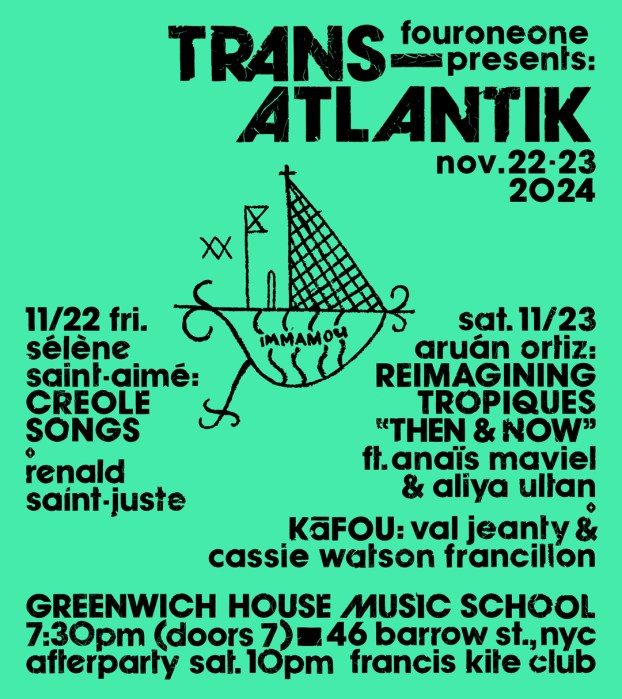The Congressional Black Caucus (CBC) on Tuesday strongly criticized the Trump administration’s latest attack on low-income immigrants of color, urging that it desists from moving forward with plans to publish a rule that the CBC said would “drastically expand the definition of public charge” when determining whether immigrants can adjust their status or remain in the country.
In a letter to Department of Homeland Security (DHS) Secretary Kirstjen Nielsen, the CBC wrote that a proposal to restrict green cards for immigrants who are likely to use public assistance programs, such as Medicaid, the Supplemental Nutrition Assistance Program and Medicare Part D, is “impossible to divorce from the administration’s ongoing attack against immigrants of color” and should be rescinded.
The letter was led by CBC chairman Cedric L. Richmond (D-LA-02) and Congresswoman Yvette D. Clarke (D-NY-09). Clarke, the daughter of Jamaican immigrants, is the chair of the CBC’s Immigration Task Force.
The CBC noted that extant law and regulations permit an immigrant to be deemed a public charge if he/she is likely to become primarily dependent on the government for subsistence, as demonstrated by either the receipt of public cash assistance for income maintenance or institutionalization for long-term care at government expense.
But the CBC wrote that the proposed rule that Nielsen authorized on Sept. 21 would expand the list of government programs to include, among others, Medicaid.
“Such a change would wrongfully force immigrants to give up essential services and would have a disproportionate impact on immigrants from the developing world (such as countries in the Caribbean),” the CBC wrote.
“This is yet another attempt by this administration to distract Americans from the onerous policies that are really undermining economic mobility for a large majority of the country in the midst of an election year,” it added.
The CBC said while it has not always lived up to its ideals, the US strives to reward people, based on the merit of their actions rather than the circumstances of their birth.
However, it said “needlessly expanding the list of public assistance programs subjected to public charge analysis unfairly discriminates against immigrants,” especially those from Africa, Asia, South America and the Caribbean, by “discouraging immigrants from these countries from receiving any public assistance.
“This would leave such immigrants with fewer resources at the outset of their experiences and make it harder for them to achieve the American dream,” the CBC said. “As a result, this proposed rule would make America less diverse and run afoul of our founding principles.”
Additionally, the CBC said it is impossible to divorce these efforts from the Trump administration’s “ongoing attack against immigrants of color.”
Over the past 20 months, the CBC noted that Trump has banned immigrants from Muslim-majority countries from entering the US, and terminated Temporary Protected Status (TPS) for hundreds of thousands of immigrants from Sudan, Nicaragua, Nepal, Haiti, El Salvador and Honduras.
The CBC said the US president has also “eliminated the Deferred Action for Childhood Arrivals (DACA) program, attacked the Diversity Visa Lottery Program, severely curtailed the number of refugees admitted to the United States and issued far fewer visas than previous administrations.
“These actions send a clear message of hostility toward immigrants across the nation and convey to the rest of the world that America is no longer committed to serving as a beacon of freedom and tolerance,” the CBC said.
It said the immediate impact of these “destructive and exclusionary policies is staggering,” pointing out that the number of green cards issued to new arrivals from Africa alone declined by nearly 30 percent between the first quarter of 2017 and the first quarter of 2018.
“For these reasons, we strongly urge you to reverse course on the latest iteration of anti-immigrant policy and halt plans to move forward with this important proposal,” the CBC told Nielsen.






















